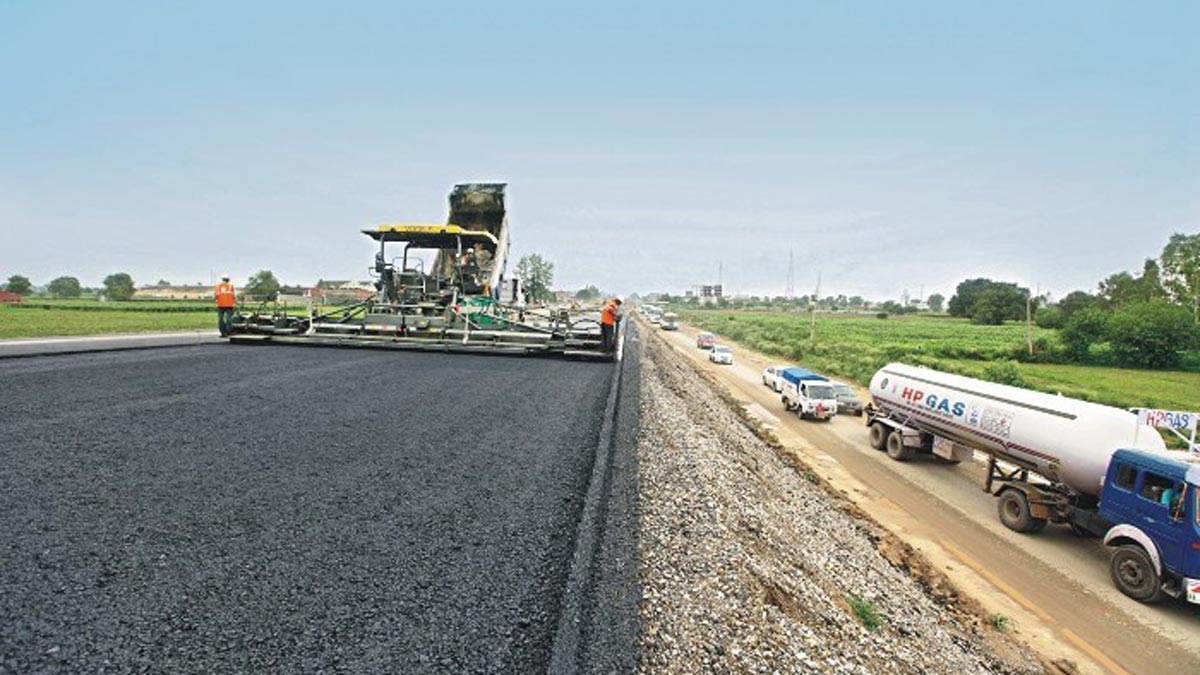- Ibadan-Kaduna Railway: FG Submits Loan Requests to China
The Federal Government on Friday announced that it would be forwarding loan request documents to the China Exim Bank for the release of funds in order to commence construction work on the Ibadan-Kaduna railway project.
According to the Minister of Transportation, Rotimi Amaechi, the government is optimistic that China will release the loan this year so that work can commence on the project.
Amaechi disclosed this on the sidelines of an event in Abuja where he inaugurated the boards of five agencies under the Federal Ministry of Transportation.
The minister said, “We are currently working on the Lagos-Ibadan railway and we’ve completed the spur from Kaduna to Abuja. We’ve awarded the contract from Ibadan to Kaduna and from Kaduna to Kano. We will be forwarding our documents for the loan to the China Exim Bank, hoping that they will give us the loan this year for us to commence construction.
“We are negotiating for the contract from Port Harcourt to Maiduguri, which is about 2,000km, because we had to take a spur from Port Harcourt to Owerri, and from Owerri passing through Nnewi to Awka, and then from Awka to Abakaliki, while proceeding on to Gombe. From there, we will take a spur to Yobe, Yola and Borno.”
The minister had earlier tasked members of the boards he inaugurated to live up to expectation, as Nigerians would hold them responsible if they failed to take the agencies to greater heights.
This is coming as the Nigeria Railway Corporation on Friday assured passengers travelling on the Abuja-Kaduna train service of safety while onboard the trains and at rail stations.
The Deputy Director, Public Relations, NRC, Yakub Mahmood, said it had become expedient to allay the fear of the passengers.
“The NRC management wishes to allay the fear of our passengers after the reported incident where miscreants along the Abuja-Kaduna railway corridor engaged in an unwholesome act of stoning our passenger trains as against the unsubstantiated and purported report of an attack by gunmen,” he stated.
Mahmood said this did not constitute a security threat to the operations of the train service but was a deliberate attempt by unpatriotic individuals to damage the assets of the Federal Government.
He added that the NRC had deployed additional security equipment and personnel to check such acts.

 Forex3 weeks ago
Forex3 weeks ago


 Naira2 weeks ago
Naira2 weeks ago
 Billionaire Watch2 weeks ago
Billionaire Watch2 weeks ago




 Naira2 weeks ago
Naira2 weeks ago




 Naira2 weeks ago
Naira2 weeks ago




 Naira1 week ago
Naira1 week ago




 Naira4 weeks ago
Naira4 weeks ago




 Naira3 weeks ago
Naira3 weeks ago






















